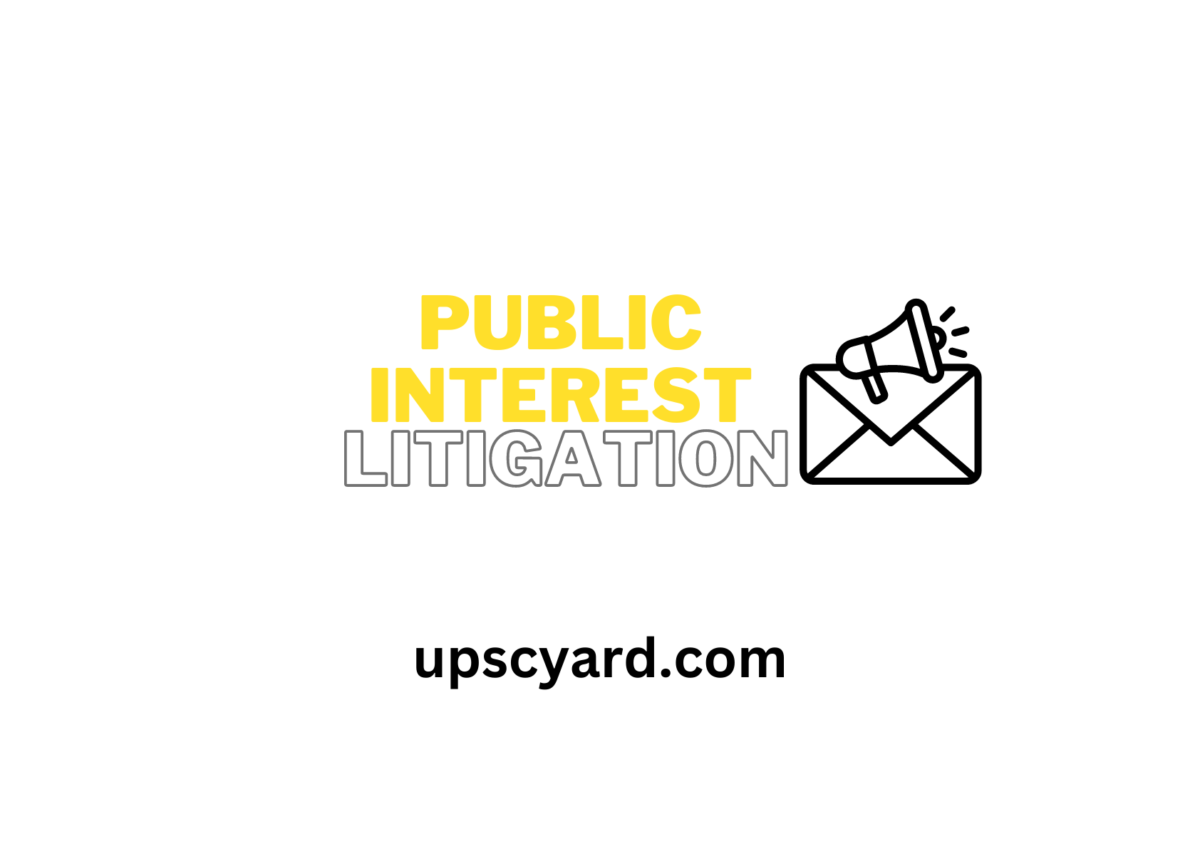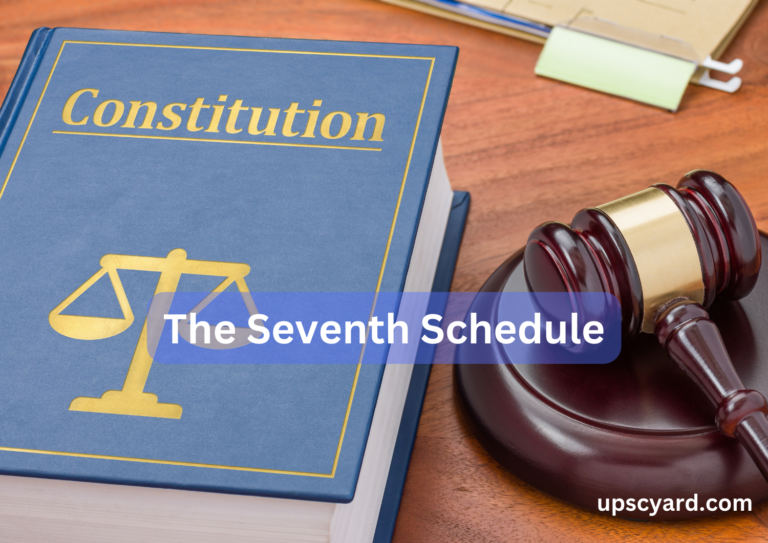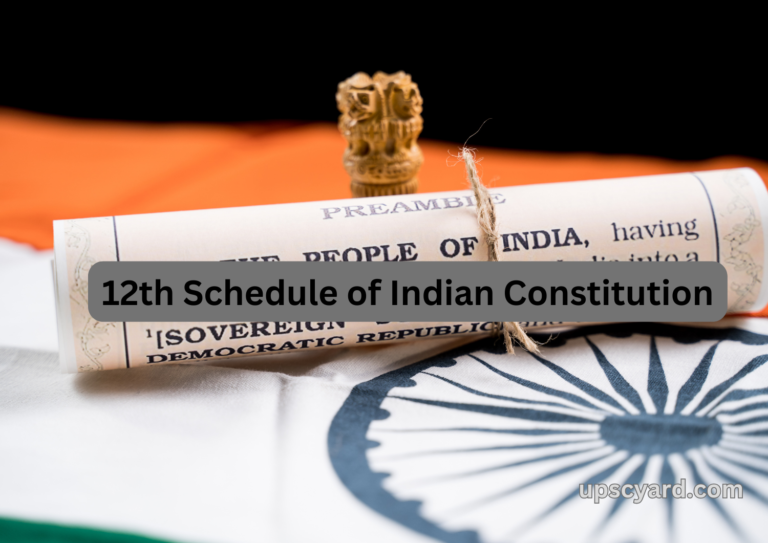In Indian law, Public Interest Litigation (PIL) serves as a legal mechanism to safeguard the public interest. Unlike traditional litigation initiated by the affected party, PIL allows the court or private individuals to bring a case to protect public welfare. It empowers the public through judicial activism, enabling cases to be filed when individuals lack resources or face restrictions in accessing the court. The court can either take up matters on its own accord (suo motu) or initiate proceedings based on petitions from individuals driven by a sense of public duty.
Public interest Litigation
In simple terms, Public Interest Litigation (PIL) refers to lawsuits filed in a court of law to protect the welfare of the general public. It encompasses a wide range of issues, such as pollution, terrorism, road safety, and construction hazards. While there is no specific legal definition of PIL, judges interpret it based on the larger interests of the public. The primary focus of PIL is to address matters related to public welfare, including violations of basic human rights, government policies, duties of municipal authorities, and infringements on religious or fundamental rights.
Procedure to File PIL in India
Points to consider when filing a public interest case:
1. Make an informed decision:
- Assess the situation thoroughly before deciding to file a case.
- In the SC under Article 32
- In the High Courts under Article 226
2. Consult affected interest groups:
- Engage with potential allies who share similar concerns.
3. Be cautious about litigation due to:
- Cost: Litigation can be expensive.
- Time: Legal proceedings can be time-consuming.
- Community impact: Litigation may weaken community decision-making capabilities.
- Movement strength: An adverse court decision can affect the strength of the cause.
- Diversion of focus: Legal involvement may divert attention from the core issues.
4. If you proceed with the case:
- Collect relevant information and maintain meticulous records.
- Communicate demands clearly to the appropriate authorities.
- Consult a lawyer for guidance on the choice of legal forum.
- Engage a competent lawyer or seek legal advice for effective drafting.
- Note that a PIL can be filed by a registered organization, or in the name of an office bearer/member in their personal capacity if unregistered.
- Consider issuing legal notices to concerned parties/authorities before filing a PIL. When suing the government, issue a notice to the relevant department at least two months in advance.
5. Against whom Public Interest Litigation can be filed
- Thus the authorities and instrumentalities specified under Art.12 are –
- The Government and Parliament of India
- The Government and Legislature of each of the States
- All local authorities
- Other authorities within the territory of India or under the Government of India.
Famous Cases
1. M.C. Mehta versus Union of India, a Public Interest Litigation (PIL) was initiated to address the issue of Ganga water pollution and prevent further deterioration. The Supreme Court ruled that even though the petitioner was not a riparian owner, they had the right to approach the court for enforcing statutory provisions. The court recognized the petitioner’s vested interest in safeguarding the lives of individuals who depend on the Ganga water for their well-being.
2. Parmanand Katara v/s Union of India
In a significant Public Interest Litigation (PIL) filed by a human rights activist, the Supreme Court made a noteworthy ruling emphasizing the paramount duty of every medical professional. The court stated that it is obligatory for healthcare practitioners to promptly provide medical assistance to any injured citizen, without unnecessary delay due to procedural formalities. The court underscored the importance of prioritizing immediate aid to individuals in need.
3. Council For Environment Legal Action v/s Union of India
In response to a Public Interest Litigation (PIL) filed by a registered voluntary organization concerning the economic degradation in coastal areas, the Supreme Court issued necessary orders and directives. These legal interventions aimed to enforce the existing laws and regulations, with the specific goal of safeguarding the ecological balance and preserving the environment in coastal regions. The court’s actions were taken to address the concerns raised in the PIL and promote the protection of the coastal ecology.
Current Affairs related to PIL in India
- PIL filed to challenge the existence of the PM CARES fund.
- PIL filed to seek government intervention in rescuing and repatriating Indian migrants stranded in Gulf countries.
- Petition filed urging the Supreme Court to direct states, municipal authorities, and local self-government bodies to protect the rights of sanitation workers, who are essential service providers during the COVID-19 lockdown.
There are several limitations associated with Public Interest Litigation (PIL).
Certain weaknesses associated with Public Interest Litigation (PIL) include:
- Conflict of Rights: PIL actions can give rise to conflicts between different rights. For example, when a court orders the closure of a polluting industry, the livelihoods of workers and their families affected by the decision may not be adequately considered.
- Frivolous PILs: There is a risk of overburdening the courts with frivolous PILs filed by parties with vested interests. PILs are sometimes misused for corporate, political, or personal gains, diverting attention from the original purpose of addressing the concerns of the marginalized.
- Judicial Overreach: In the pursuit of addressing socio-economic or environmental problems, the judiciary may occasionally exceed its mandate, leading to instances of judicial overreach through PILs.
- Delays in Disposal: PIL cases related to the exploitation and disadvantage faced by certain groups may remain pending for extended periods. Inordinate delays in the disposal of PIL cases can diminish the practical impact of leading judgments, rendering them of academic value without resulting in tangible changes.
Please note that these points aim to highlight some weaknesses, but PILs continue to play a crucial role in promoting public interest and holding authorities accountable.
F.A.Q.
- Q. What is public interest litigation ?
Public Interest Litigation (PIL) refers to lawsuits filed in a court of law to protect the welfare of the general public.
- Q. What is public interest litigation what is its importance ?
Public Interest Litigation (PIL) is of utmost importance as it enables marginalized individuals and groups to seek justice and protect their rights, regardless of financial constraints or limited access to legal resources. PIL serves as a powerful tool in upholding accountability, transparency, and social justice by addressing systemic issues, promoting progressive interpretations of the law, and holding authorities responsible for their actions. It empowers citizens to actively participate in the legal and democratic process, fostering fairness, equality, and the overall well-being of society.
- Q. How much does it cost to file a PIL?
The court fee for filing a Public Interest Litigation is Rs.50 per respondent




